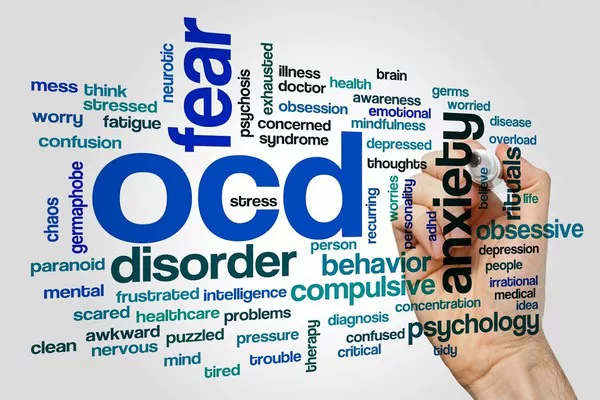A team from the Institute of Psychiatry, Psychology & Neuroscience (IoPPN) at King’s College London has conducted a study examining the feasibility of a new home-administered treatment for binge eating disorder (BED). This innovative approach combines transcranial direct current stimulation (tDCS), a non-invasive brain stimulation technique, with a training program designed to address maladaptive patterns of attention related to food.
The findings, published in BJPsychOpen, suggest that this dual approach could represent a promising new pathway for treating BED, a serious mental health condition characterized by recurring episodes of uncontrolled eating, often leading to significant physical and psychological distress.
Binge eating disorder affects individuals of all ages, genders, and backgrounds, and is commonly associated with anxiety, depression, obesity, and various metabolic complications. Current psychological therapies are recommended for BED, yet only about 50% of patients achieve a full and lasting recovery.
Research indicates that self-regulatory processes in the brain play a crucial role in the persistence of binge eating behaviors. The combination of tDCS and attention bias modification training (ABMT) aims to target these underlying mechanisms. tDCS applies a mild electrical current to specific areas of the brain, enhancing prefrontal function, while ABMT helps individuals modify their attention towards food cues, improving self-regulatory control.
The study, known as the TANDEM trial, explored the feasibility, acceptability, and potential effectiveness of self-administered tDCS combined with ABMT in a home setting. A total of 82 participants, all of whom were overweight or living with obesity and met the criteria for BED, were recruited for the trial. They were randomly assigned to one of four groups:
Ten sessions of home-administered tDCS during ABMT.
Ten sessions of sham tDCS (a placebo treatment) during ABMT.
Ten sessions of ABMT only.
A control group with no treatment, remaining on a waitlist for eight weeks.
Results showed that participants receiving real tDCS alongside ABMT experienced the most significant reductions in binge eating behavior, decreasing from an average of 20 episodes per month at baseline to just six episodes by the six-week follow-up. This group also reported an average weight loss of approximately 3.5 to 4 kg, equating to a mean body mass index (BMI) reduction of 1.28 points. In contrast, those in the sham tDCS group lost about 1.5 to 2 kg (BMI reduction of 0.52 points), while the ABMT-only group showed negligible changes in weight.
Notably, participants in the real tDCS group also reported substantial improvements in mood, a benefit not observed in the other groups.
Dr. Michaela Flynn, a research associate at King’s IoPPN and lead author of the study, highlighted the significance of these findings, stating, “Current treatments for binge eating disorder are only effective for some people, and many require additional support. Our study is the first to investigate a new home-based treatment option that targets brain-driven behaviors contributing to loss of control around food.”
Professor Ulrike Schmidt OBE, a co-author and expert in eating disorders at King’s IoPPN, emphasized the potential of this treatment to reach individuals who may struggle to access traditional services. “This straightforward, home-delivered approach could be highly scalable within the NHS,” she noted.
Professor Iain Campbell, a senior research fellow at King’s IoPPN, called for further research to validate these preliminary findings. He suggested that future studies should include larger clinical trials with extended follow-up periods and the integration of functional imaging and wearable technologies to deepen understanding of the therapeutic mechanisms at play.
This research was supported by the National Institute for Health and Care Research (NIHR) Maudsley Biomedical Research Centre (BRC).
Related Topics:
-
Cognitive Behavioral Therapy Has The Potential To Treat Long-Term Grief Disorders
-
Research Emphasizes The Role Of The Immune System In Depression
-
Quickly Puncturing A Finger May Quickly Make Alzheimer’S Disease Detection Easier

